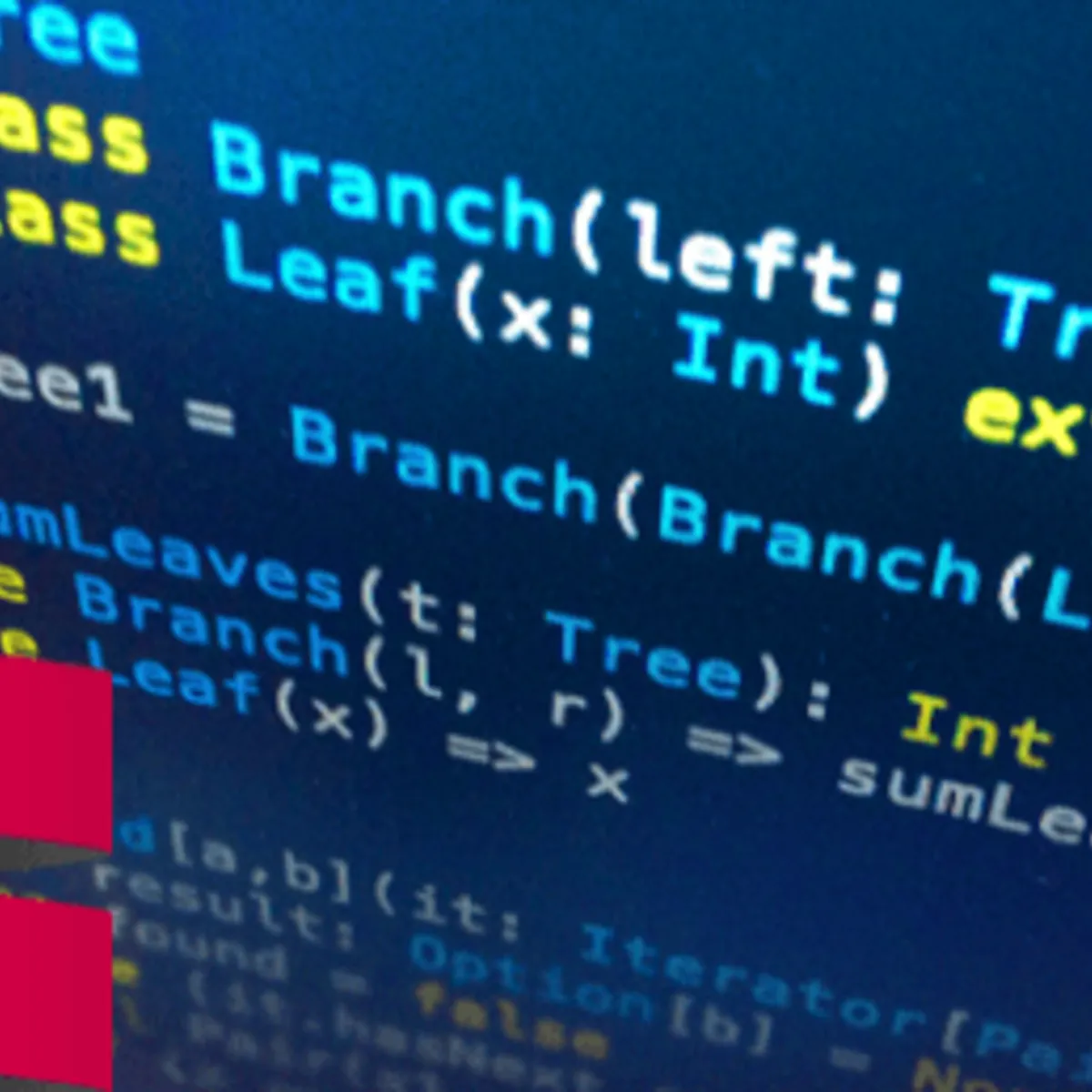
Intermediate Regression with statsmodels in Python 
Learn how to use statsmodels to extend your linear regression knowledge to parallel slopes regression, and investigate the impact of explanatory variable interactions. With this powerful tool, you can easily work with variables that have more than two explanatory variables, and expand your logistic regression knowledge to include multiple explanatory variables. Plus, gain an understanding of logistic distribution, which is essential for implementing your own logistic regression algorithm. ▼
ADVERTISEMENT
Course Feature
![]() Cost:
Cost:
Free Trial
![]() Provider:
Provider:
Datacamp
![]() Certificate:
Certificate:
No Information
![]() Language:
Language:
English
Course Overview
❗The content presented here is sourced directly from Datacamp platform. For comprehensive course details, including enrollment information, simply click on the 'Go to class' link on our website.
Updated in [June 30th, 2023]
This course provides an intermediate-level introduction to regression with statsmodels in Python. Participants will learn how to extend their linear regression knowledge to parallel slopes regression, which uses one numerical and one categorical explanatory variable. They will also investigate the impact of explanatory variable interactions and expand their logistic regression knowledge to include multiple explanatory variables. Additionally, participants will gain an understanding of logistic distribution, which underpins this type of regression. By the end of the course, participants will have the skills to implement their own logistic regression algorithm.
[Applications]
It is suggested that those who have completed this course apply their knowledge to create more realistic models with higher predictive power by taking into account explanatory variable interactions. They can also use their understanding of modelling and linear regression to work with variables that have more than two explanatory variables. Additionally, they can use their expanded logistic regression knowledge to include multiple explanatory variables and use logistic distribution to create their own logistic regression algorithm.
[Career Path]
The career path recommended to learners of this course is Data Scientist. Data Scientists are responsible for collecting, analyzing, and interpreting large amounts of data to identify trends and patterns. They use their findings to develop strategies and solutions to improve business operations. Data Scientists must have strong technical skills, including knowledge of programming languages such as Python, as well as the ability to interpret and communicate data.
The development trend of Data Scientists is increasing rapidly due to the growing demand for data-driven decision making. Companies are increasingly relying on data to inform their decisions, and Data Scientists are essential to this process. As a result, Data Scientists are in high demand and the job market is expected to continue to grow. Companies are also looking for Data Scientists with a wide range of skills, including machine learning, artificial intelligence, and natural language processing.
[Education Path]
The recommended educational path for learners of this course is a Bachelor's degree in Statistics or Data Science. This degree will provide learners with a comprehensive understanding of the fundamentals of statistics and data science, including linear and logistic regression, parallel slopes regression, and the impact of explanatory variable interactions. Learners will also gain an understanding of modelling and linear regression, logistic distribution, and the implementation of logistic regression algorithms.
The development trend of this degree is to focus on the application of data science and statistics to real-world problems. This includes the use of machine learning algorithms, data visualization, and the development of predictive models. Additionally, the degree will focus on the ethical implications of data science and the responsible use of data.
Course Syllabus
Parallel Slopes
Interactions
Multiple Linear Regression
Multiple Logistic Regression
Course Provider

Provider Datacamp's Stats at AZClass
Discussion and Reviews
0.0 (Based on 0 reviews)
Explore Similar Online Courses

SAS Statistical Business Analyst

Webinar Marketing Sales Funnel Blueprint

RDBMS PostgreSQL

Intro To PostgreSQL Databases With PgAdmin For Beginners

PostgreSQL: Client Applications

Mastering SQL using Postgresql

Database Design and Basic SQL in PostgreSQL

PostgreSQL: Advanced Queries

Spatial SQL with Postgres : A language for geographers

Learn SQL Using PostgreSQL: From Zero to Hero

PostgreSQL Essential Training


Start your review of Intermediate Regression with statsmodels in Python